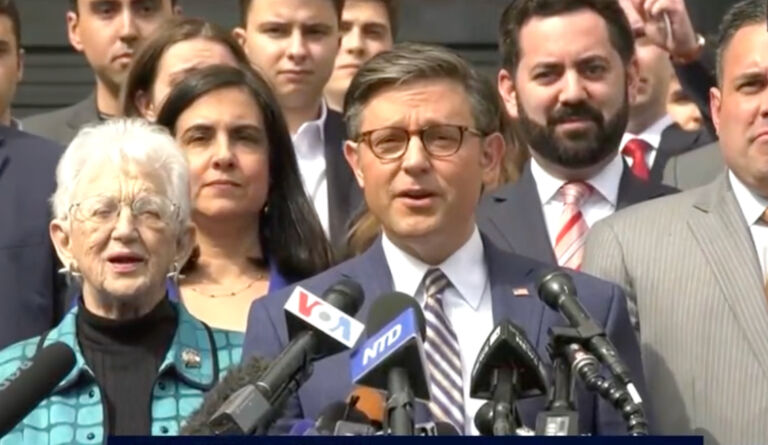The price of sound tax policy is eternal vigilance, and a year after the NC Legislature implemented a tax reform plan based on sound principles of taxation and economics, it is threatening to begin the process of unraveling it with a new excise tax on e-cigarettes.
The proposal, if passed, would place a 5 cent tax on each milliliter of liquid nicotine solution, which is used in e-cigarette cartridges. The proposal is being considered under the shroud of an omnibus tax bill that passed the NC House this week and is about to move on to the Senate for consideration.
No matter how you slice it, this is bad tax policy. It runs counter to basic principles of economic efficiency, individual liberty, and social equity. Furthermore, the legislative process by which it is being considered lacks all transparency.
All excise taxes, by definition, distort economic and personal decision making by penalizing some consumer choices relative to others. For economists, the first principle of taxation is what is called neutrality, that is, the government should extract the money it needs from taxpayers without distorting their freely made decisions. As a matter of pure economics, it is not appropriate for the government to tax some goods and services more heavily than others. This distorts relative prices and therefore efficient resource allocation. Current tax policy with respect to the sale of e-cigarettes gets it right. They are taxed at the same state and local sales tax rates that apply to other consumer goods throughout the economy. What is particularly hypocritical is that many, if not most, members of the GA, both Democrats and Republicans, clearly understand this principle and, in invoking it, have rightfully argued in favor of extending the state sales tax to services like haircuts and lawyers. At the present time, it only applies to tangible goods. However, there seems to be no movement to block the new e-cigarette excise tax on these same grounds.
The neutrality principle also flows directly from a concern for individual liberty. In a free society, it is not the role of government to influence personal decision-making.
Since the e-cigarette tax is projected to generate a trivial $5 million in new revenues, it is unlikely that this proposal is primarily about that money. This suggests that, for whatever reason, its primary purpose is to discourage the use of e-cigarettes. In other words, it is an attempt to use taxation in order to thwart free decision-making. As specifically noted in the North Carolina Republican Party platform, "The government should tax only to raise money for its essential functions. Government should not use the tax system to control our behavior, steer our choices or change the way we live our lives." It is unfortunate that many Republicans who ran on this platform are now disregarding this basic principle.
And then there’s the issue of equity. Even though the amount is small, most of the $5 million in revenue is likely to come from low-income taxpayers. In other words those who can least afford it. While demographic information on e-cigarette smokers is not available, the vast majority of them are also smokers of traditional tobacco cigarettes. And, according to the Centers for Disease Control (CDC), while about 18 percent of the total adult population is smokers, 28 percent of those living below the poverty line smoke. Since cigarette smokers are disproportionately poor it is quite likely that the same is true for e-cigarette smokers. This would mean that North Carolina’s proposed e-cigarette tax is not only economically inefficient and damaging to individual liberty, but also regressive, violating basic tenents of tax equity. Oddly, left wing advocates for the poor, who have never seen a tax cut that they didn’t think was regressive, are deafeningly silent on this issue.
Finally, the way in which this new tax is being pushed through the legislature lacks all transparency. It is a brand new, permanent tax that, going forward, will be very easy to increase, given that those who pay the tax are politically weak and unorganized. Yet it is being passed under the cover of an omnibus piece of legislation with no real debate. This kind of process might be acceptable for adjustments or tweaks to existing laws but not for the adoption of an entirely new class of taxation, with no existing infrastructure for collection. Furthermore, there is almost nowhere to look for examples of the impact of such a tax on the industry, as every other state but one that has considered adopting an e-cigarette tax, has rejected it. If this new tax has merit, it should be pulled from the omnibus tax bill by the Senate, debated separately, and voted on as freestanding legislation. The citizens of North Carolina deserve transparency in the law making process, and so far, with the way the legislature is handling the possible adoption of this new tax, they are not getting it.
Click here for the Economics & Environment Update archive.
You can unsubscribe to this and all future e-mails from the John Locke Foundation by clicking the "Manage Subscriptions" button at the top of this newsletter.


